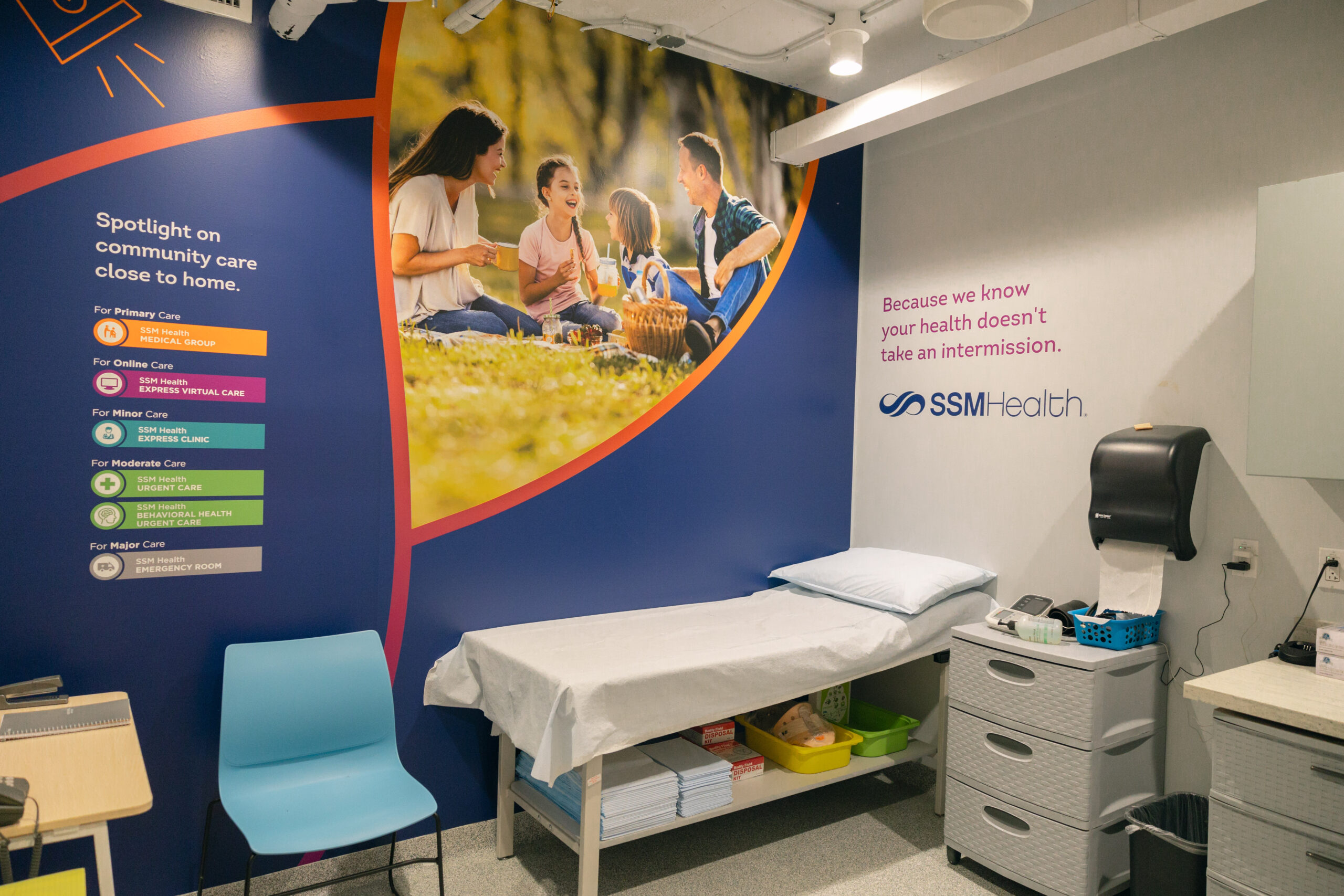Weekly Health Tip by SSM Health
Insect bites and stings
Although insect bites and stings can be irritating and bring temporary discomfort, symptoms usually do not require treatment by a doctor. However, sometimes they can cause infections or allergic reactions that require medical attention. To help prevent bites and stings, avoid walking barefoot, using scented soaps/lotions, walking or lounging in areas where insects nest, and drinking open cups of sugary drinks outside.
Handling bee and wasp stings
A bee will usually leave behind a stinger attached to a venom sac. Try to remove it as quickly as possible using a scraping motion, without pinching the venom sac at the end. (Wasps don’t leave their stingers in the skin after stinging, which means they can sting more than once.)
A sting anywhere in the mouth needs immediate medical attention because stings in oral mucous membranes can quickly cause severe swelling that may block airways.
Seek medical care if you notice a large skin rash or swelling around the sting site, or if swelling or pain persists for more than three days, which could indicate an infection.
Get care for your insect bite or sting at one of our convenient SSM Health Urgent Cares or Express Clinics: https://www.getcare.ssmhealth.com/locations?search=Urgent+Care+and+Express+Clinics&location=St.+Louis%2C+MO
Categories: Partnerships

